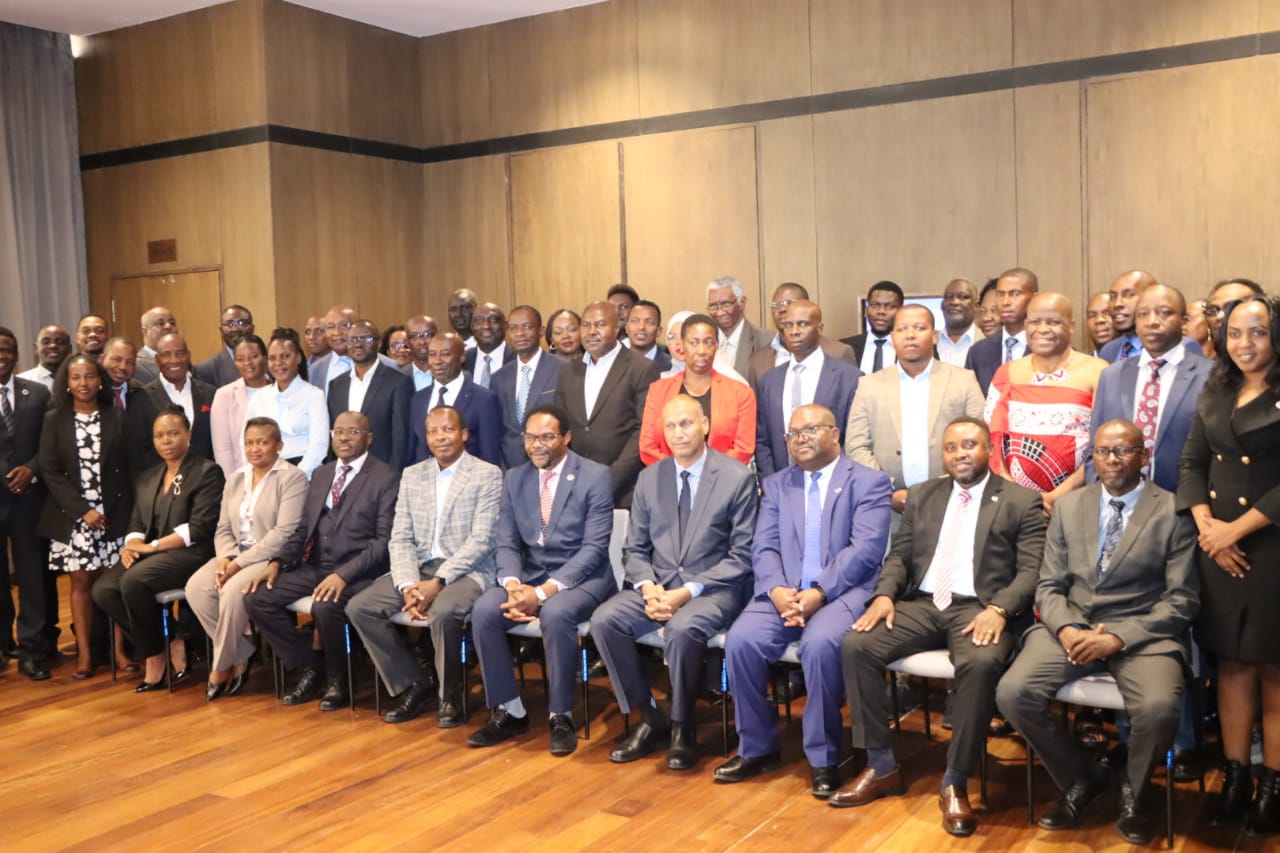
By Njeri Irungu,
November 17,2026
Nairobi, Kenya.
Regional states are pushing for deeper cooperation in the shipping and maritime sector, citing shared sea routes, common service providers and interconnected ports that collectively serve more than five countries at a time. Officials say harmonising maritime policies is now urgent to allow vessels to move freely within African waters, strengthen inter-regional trade and attract private investment into the shipping industry.
“We share so much as regional states — the maritime passage, international service providers and ports that are essentially regional hubs,” one official noted. “What we are saying is that we need to work together as a region and operate as one maritime territory.”
At the centre of these discussions is the proposed regional cabotage protocol, which aims to align national maritime policies into a unified framework. The protocol is expected to create an environment where indigenous vessels can operate across the region without restrictions.
“The purpose of the protocol is to create one region within the bigger region, and to make indigenous vessels feel like they are at home,” the official said. “With harmonised policies, vessels should be able to move around, pick cargo and deliver it freely across the region.”
A major driver of this initiative is the consistently low rate of intra-African trade, currently estimated at just 16 percent. Leaders argue that weak connectivity has forced African countries to import goods from outside the continent—even when their neighbours produce the same products.
“We are importing things from abroad that our neighbours are already producing because we simply lack connectivity,” an expert noted. “If we truly want to unlock African trade, then we must use our waters to connect the continent.”
While Africa has long invested in road, rail and air networks, officials now argue that maritime integration is the missing link. “Africa is a continent, but it is also an island,” one participant remarked. “We have several seaports — why not create a framework that connects Africa through the waters?”
Questions also arose around visa requirements for seafarers, given that many African citizens still need visas to travel from one African country to another. Officials clarified that maritime crews operate under international shipping protocols.
“The crew members use maritime passports, what we call passbooks,” the official explained. “This enables them to move around the region without being subjected to rigid immigration rules.”
They added that the upcoming regional protocol mirrors the system used by truck drivers transporting goods across East and Central Africa, where predefined arrangements allow seamless border crossings. “Just like drivers moving from Mombasa to Bujumbura don’t need stamps at every border, we want the same smooth movement for vessels and seafarers,” he said.
Despite the fact that 80 to 90 percent of global trade is transported by sea, Africa contributes less than 10 percent to this maritime activity. Yet African economies depend heavily on imports delivered through ocean transport.
“This tells you why Africa must take the maritime sector seriously,” an official stressed. “If we ignore it, we will always remain consumers of international shipping instead of being active participants.”
Asked about the number of vessels on the continent, officials noted that the figure is fluid due to continuous private investment. “Every day new vessels are being introduced,” one expert said. “What matters is that we are seeing an increasing trend in vessel investment, especially in the cosmopolitan Kagwazi region and with established players like the Ethiopia Shipping Line.”
However, they highlighted the need for financial institutions to make maritime investment more accessible.
“If you walk into a bank for a car loan, they will process you immediately,” the official said. “But if you say you want to buy a vessel, they don’t even know where to start. We are talking to banks so they can develop proper maritime financing products.”
As efforts to ratify the regional cabotage protocol advance, leaders are optimistic that harmonised policies, improved connectivity and greater investor confidence will transform Africa’s maritime landscape.
“With the right framework, we can promote inter-regional trade, connect our ports and give private investors the confidence to invest in vessels,” the official concluded. “This is how we begin to truly connect Africa — through the waters.”



